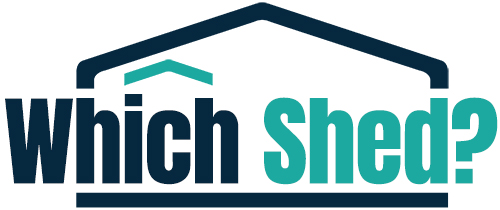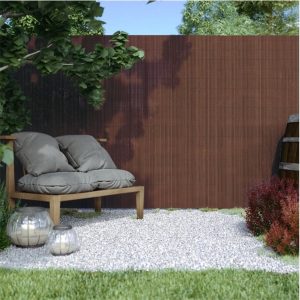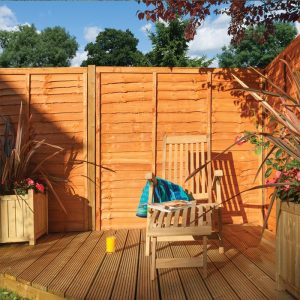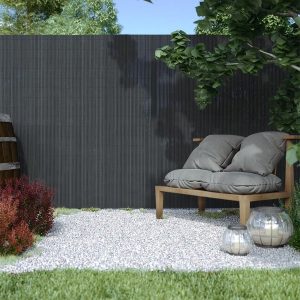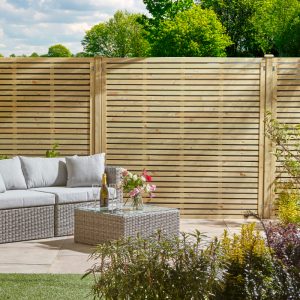Experience the elegance of the Sturdy 6′ x 6′ Horizontal Weave Fence Panel With Slatted Top by Hartwood, featuring a sleek design and contemporary appearance. This premium panel showcases horizontally positioned boards that are smoothly planed with a grooved outline. These boards are aligned on both sides of fixing battens in an irregular layout, secured within a top-notch rebated framework, culminating with an appealing slatted upper section. The panel boasts a robust mortise and tenon jointed structure for exceptional durability.
Crafted from sustainably sourced timber and treated with Dip Treatment to provide a 15-year Anti-Rot warranty. The panels are versatile and can be utilized independently of gravel boards. This sleek decorative panel is ideally paired with smooth-planed fence posts for a seamless look.
Offered in 3 dimensions – 6ft (1.80m), 5ft (1.50m), and 4ft (1.20m).
